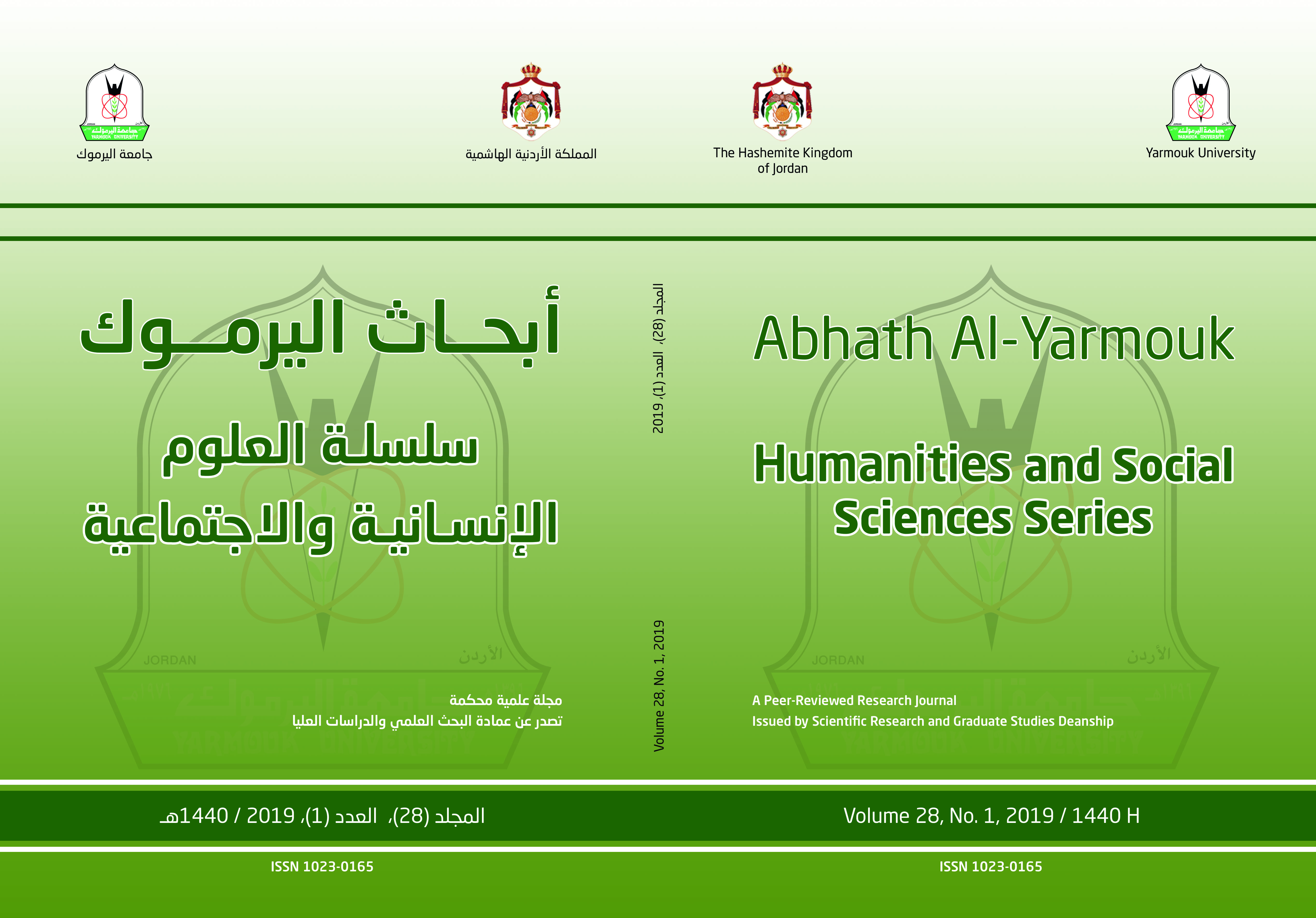The Thousand and One Nights in Classical and Neo-Orientalist Studies A Comparative Study
Keywords:
The Thousand and One Nights, Classical orientalism, Neo-Orientalism, Western centralism, Postmodernism, Arabic-Islamic civilization.Abstract
This study aims to compare English-language classical orientalist and neo-orientalist studies on The Thousand and One Nights to determine how orientalist readings have changed since Antoine Galland’s translation of the book in 1715. Classical orientalist studies seek to disconnect the text from the Arab-Islamic civilization that produced it, to invent fictitious Persian roots for it, and also to link it to irrational elements such as eastern sexuality and sensuality in contrast to western centralism. On the other hand, neo-orientalist studies set out from postmodernism and from Edward Said’s criticism of orientalism to deconstruct classical orientalist theory surrounding the book. Hence, this study has two aims. Firstly, it seeks to identify the border between the classical studies and the neo-orientalist ones, by questioning the validity of this distinction. Therefore, it discusses the problematic points of classical orientalist studies, neo-orientalism’s attempt to deconstruct western centralism, its problematic claim to deconstruct classical orientalism’s view of the text, and its continued confirmation of western centralism in a more methodical manner. Secondly, This study seeks to identify the works that—whether within the framework of classical orientalism or neo-orientalism—highlight the importance of reading the text of The One Thousand and One Nightsin its cultural context and thus contribute to the efforts of analyzing its manuscripts and versions to identify the problematic issues in the existing versions and correctly understand its genesis in Arabic-Islamic civilization.

